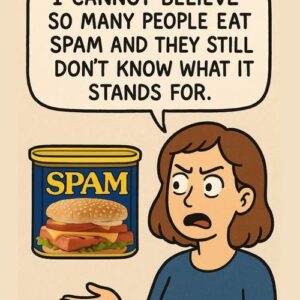For years, there has been a group of people who have publicly speculated whether or not Taylor Swift is a member of the LGBTQIA+ community.
These conversations have no real facts attributed to them, just people from the outside looking in and making assumptions about a famous person’s sexuality.
For the most part, Taylor and her camp never paid the conversations any mind. Despite Taylor’s dating history, Taylor let the rumors be just that, rumors.
But now, it seems as though the conversation has gone too far. While the majority of the conversations about her sexuality have mostly stayed on social media and message boards, two days ago, The New York Times made the decision to publish an op-ed speculating on whether or not Taylor Swift is a closeted queer person.
The opinion piece caught the attention of Swift’s camp and her well-known publicist Tree Payne.
A source with knowledge of the situation told CNN that The Times’ decision to publish the piece was in poor taste and unethical. “Because of her massive success, in this moment there is a Taylor-shaped hole in people’s ethics.”
The source continued, saying, “This article wouldn’t have been allowed to be written about Shawn Mendes or any male artist whose sexuality has been questioned by fans. There seems to be no boundary some journalists won’t cross when writing about Taylor, regardless of how invasive, untrue, and inappropriate it is – all under the protective veil of an ‘opinion piece.’”
The opinion piece essentially uses Taylor’s songs, words, and performances to argue whether or not the songwriter has been using her work to tell her fans that she identifies as queer rather than simply a person using her work and her platform to be an ally to a marginalized group of people.
Swift herself briefly addressed those speculations earlier in 2023 when she released 1989 Taylor’s Version. In the prologue, Taylor wrote, “If I only hung out with my female friends, people couldn’t sensationalize or sexualize that — right? I would learn later on that people could and people would.”





